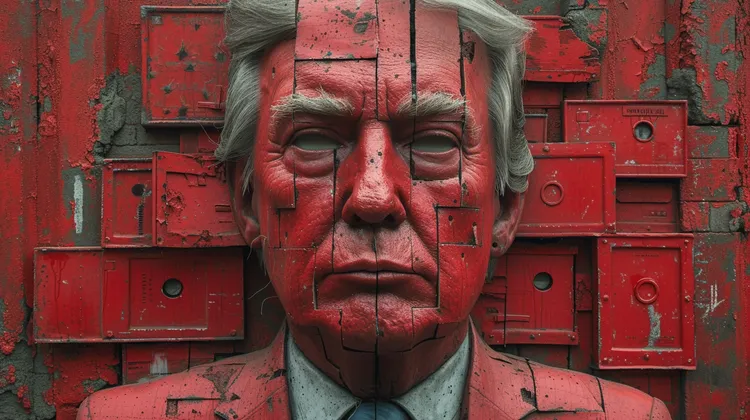
AI Deepfakes: Deceiving Voters and Politicians in 2024 US Election
Residents of New Hampshire were startled when they received robocalls featuring a voice resembling President Joe Biden, urging them not to vote in the upcoming primary. The automated messages were believed to be generated by an AI deepfake tool with the intention of interfering in the 2024 presidential election. The state attorney general’s office promptly denounced the calls as misinformation and urged voters to ignore the content. Former President Donald Trump’s spokesperson denied any involvement from the GOP candidate or his campaign. Despite ongoing investigations, the source of the robocalls remains unidentified.
In a separate incident, a political scandal unfolded when AI-generated audio imitating Manhattan democrat leader Keith Wright surfaced. The deepfake audio portrayed Wright trash-talking fellow democrat assembly member Inez Dickens. While some dismissed the audio as fake, at least one political insider briefly believed it to be genuine. Manhattan democrat and former City Council Speaker Melissa Mark-Viverito admitted to initially mistaking the deepfake for a real conversation.
Experts suggest that audio deepfakes are favored by malicious actors because people tend to be more skeptical of visual manipulation. They are often familiar with programs like Photoshop and are more cautious when it comes to assessing visual content. Detecting and deterring deepfakes remains a challenge, with no universal method currently available. Experts advise exercising caution when consuming media from unknown or dubious sources, particularly when extraordinary claims are made.
Overall, these recent incidents highlight the growing threat of deepfakes in the political landscape. As technology advances, it becomes increasingly difficult to distinguish between real and artificially generated content. This raises concerns about the potential for disinformation campaigns and the manipulation of public opinion. Efforts to combat deepfakes will require a multi-faceted approach that includes education, technological advancements, and enhanced media literacy. Vigilance and critical thinking are essential in navigating the increasingly complex world of digital media.
8 thoughts on “AI Deepfakes: Deceiving Voters and Politicians in 2024 US Election”
Leave a Reply
You must be logged in to post a comment.
The use of deepfakes to interfere in elections is a direct threat to our democratic processes. We must protect the integrity of our voting systems at all costs.
It’s crucial for us to stay informed and aware of the latest technological advancements in deepfake detection. Let’s take the necessary steps to combat this growing threat.
I’m glad to see the authorities taking immediate action against the robocalls and denouncing misinformation. We need to trust our institutions and not let deepfakes undermine our democracy.
Technology is advancing so rapidly that it’s becoming challenging to distinguish between real and fake content. It’s crucial to stay informed and be aware of the potential for disinformation campaigns.
The fact that even political insiders briefly believed the deepfake audio is concerning. It shows how convincing these deepfakes can be. 🤷♀️
It’s unfortunate that deepfake technology is being exploited for political purposes. We need stronger measures to prevent the spread of misinformation and protect our democratic processes.
The fact that people tend to be more skeptical of visual manipulation makes audio deepfakes even more dangerous. We must stay alert and question what we hear as well as what we see.
The fact that deepfakes are becoming increasingly sophisticated is alarming. We must invest in research and development to stay ahead and protect our democracy. 💪🔬